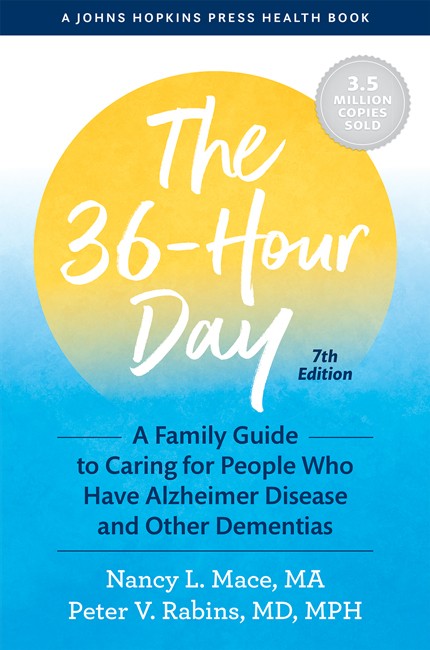Description
Foreword Preface 1. Dementia 2. Getting Medical Help for the Person Who Has Dementia 3. Characteristic Behavioral Symptoms in People Who Have Dementia 4. Problems in Independent Living 5. Problems Arising in Daily Care 6. Medical Problems 7. Managing the Behavioral and Neuropsychiatric Symptoms of Dementia 8. Symptoms Associated with Mood Change and Suspiciousness 9. Special Arrangement If You Become Ill 10. Getting Outside Help 11. You and the Person Who Has Dementia 12. How Caring for a Person Who Has Dementia Affects You 13. Caring for Yourself 14. Financial and Legal Issues 15. Long-Term Care Arrangements 16. Preventing and Delaying Cognitive Decline 17. Brain Disorders and the Causes of Dementia 18. Research in Dementia Index
Before she retired, Nancy L. Mace, MA (CONCORD, CA), was a consultant to and member of the board of directors of the Alzheimer's Association and an assistant in psychiatry and coordinator of the T. Rowe and Eleanor Price Teaching Service of the Department of Psychiatry and Behavioral Sciences of the Johns Hopkins University School of Medicine. Peter V. Rabins, MD, MPH (TOWSON, MD), is a professor of the practice in the Erickson School of Aging Management Services at the University of Maryland, Baltimore County. The author of Is It Alzheimer's? 101 Answers to Your Most Pressing Questions about Memory Loss and Dementia, he was the founding director of the geriatric psychiatry program and the first holder of the Richman Family Professorship of Alzheimer Disease and Related Disorders in the Department of Psychiatry and Behavioral Sciences of the Johns Hopkins University School of Medicine.

